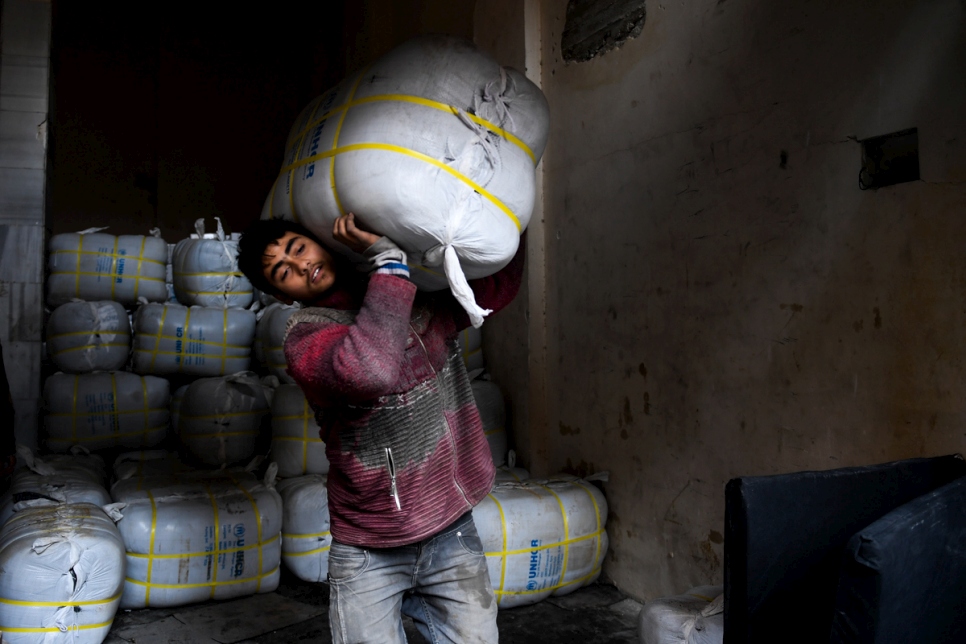Middle East and North Africa Civil Society Network for Displacement
A pioneering civil society platform for the region
Why a MENA Civil Society Network For Displacement?
The set of commitments agreed by Member States in the New York Declaration for Refugees and Migrants (19 September 2016) emphasizes that the protection of displaced persons and refugees and the support to host communities is a shared international responsibility. It is also a responsibility shared not only by governments and international organizations, but by the society as a whole.
World leaders have emphasized that the role of civil society is more crucial than ever in responding to growing refugee crises. Addressing the current challenges and planning for future post-conflict scenarios require enhanced cooperation and engagement of all civil society actors.
These convictions are reflected in the Comprehensive Refugee Response Framework that came out of the New York Declaration, as well as the Global Compact on Refugees, both of which are committed to engaging actors from all walks of society in responding to the displacement crises facing the world. In line with these shifts in UNHCR’s strategy for humanitarian response, the MENA Bureau has served as a catalyst and convener for the MENA Civil Society Network for Displacement.
What is the MENA Civil Society Network for Displacement?
Embracing a “whole of society” approach, and following eight consultations with almost 200 representatives from civil society across the Middle East and North Africa, the MENA Civil Society Network for Displacement (CSND) is the first network of its kind in the region, bringing together a variety of civil society organizations.
The network provides a platform for regional dialogue and action, and is unique both in its geographical scope and diversity of its members. MENA CSND members include representatives from national NGOs, foundations, charities, faith-based organizations, media, academia, and the private sector, and who work on or can be further engaged with protection, resilience and development of displaced persons and their hosts.
For more information contact:
MENA Regional Consultations with NGOs and Civil Society
20-21 June, 2019, Amman, Jordan

